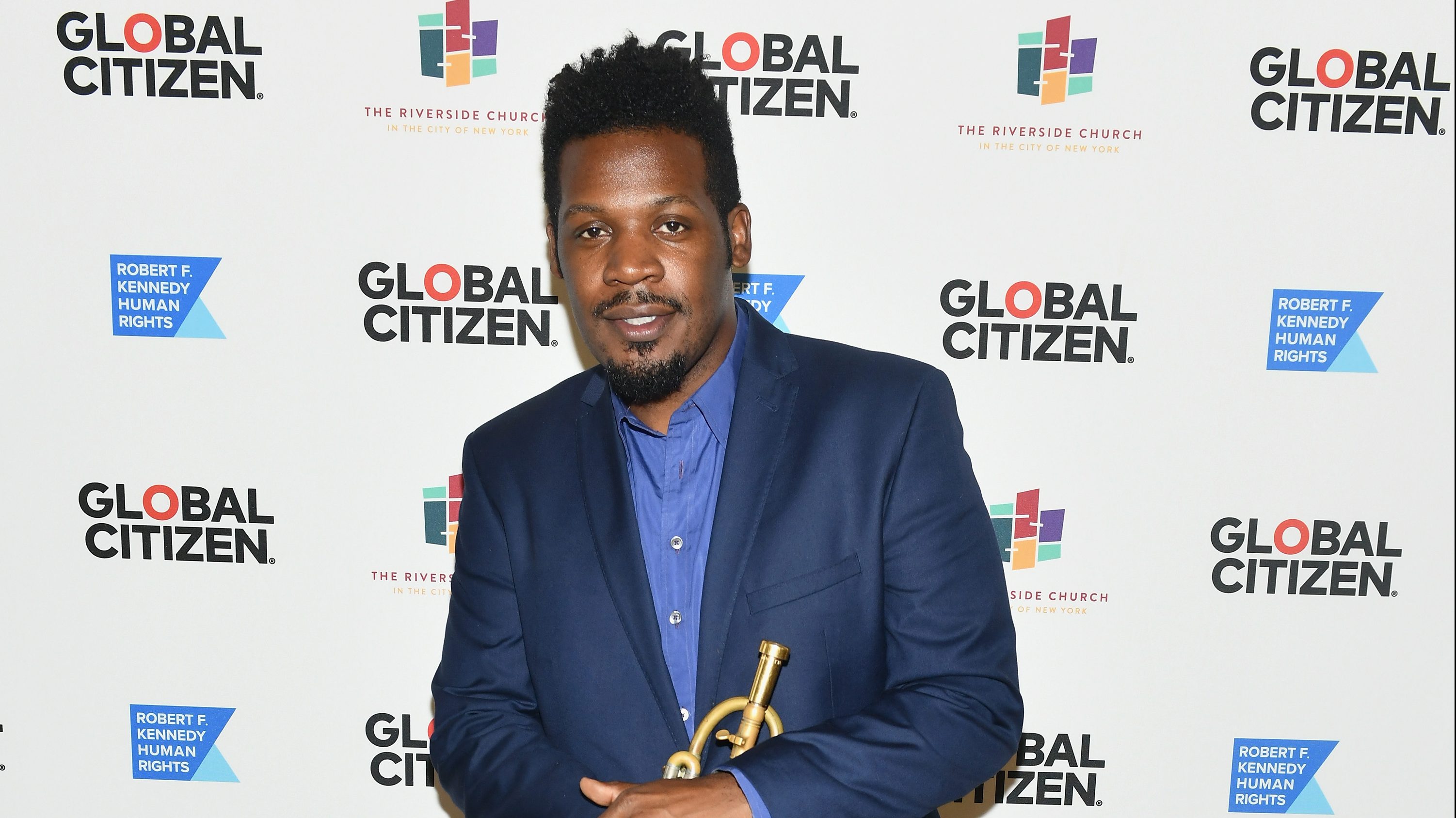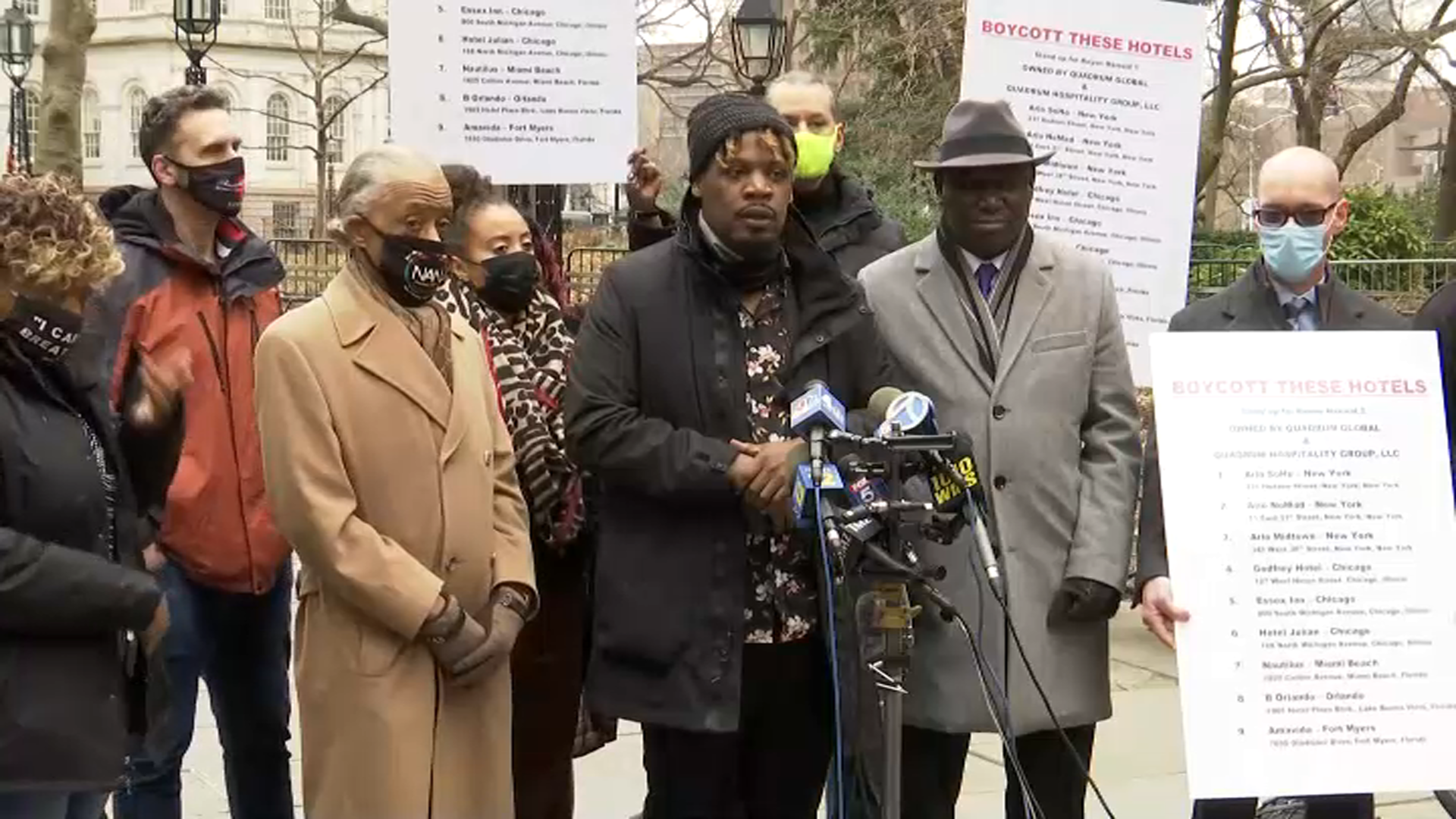The California woman charged with a hate crime for allegedly wrongly accusing a Black teen of taking her phone at a Manhattan hotel in December 2020 and grabbing at him as he tried to leave has been offered a plea deal, the district attorney's office said Monday.
Miya Ponsetto had pleaded not guilty last summer to charges including unlawful imprisonment as a hate crime, aggravated harassment and child endangerment in the fray that unfolded at the Arlo Hotel with then-14-year-old Keyon Harrold Jr.
Video shows her grabbing at him as he tried to get away. Her phone was found soon afterward in an Uber.
Under the agreement revealed Monday, Ponsetto would have to plead guilty to that felony hate crime charge, the top count against her. She'd then be required to lead a "law-abiding life" for the next two years, which includes compliance with California probation officers, and continue to receive counseling.
Get Tri-state area news delivered to your inbox.> Sign up for NBC New York's News Headlines newsletter.
If she does that successfully, the Manhattan district attorney's office said it would agree to her withdrawing the plea to the felony charge in exchange for a second-degree aggravated harassment guilty plea, which is a misdemeanor. She also wouldn't be subject to any additional jail time, according to the deal.
More Coverage
It wasn't immediately clear if Ponsetto or her attorneys are considering the officer. Her case has been adjourned until mid-April.
The Piru woman was arrested in January 2021 on other charges in connection with the confrontation involving Harrold Jr. She initially seemed to apologize but later backed off in a tense interview on a morning CBS news show.
The teenager's family previously filed a lawsuit against Ponsetto and the hotel, alleging racial profiling. It alleged he was “violently accosted” by Ponsetto and that hotel manager Chad Nathan helped her and demanded that the teenager turn over his phone for inspection. The lawsuit's status wasn't immediately clear Monday.
The hotel has since apologized to the teenager and his father, a noted jazz musician, for the "inexcusable experience" they endured.



